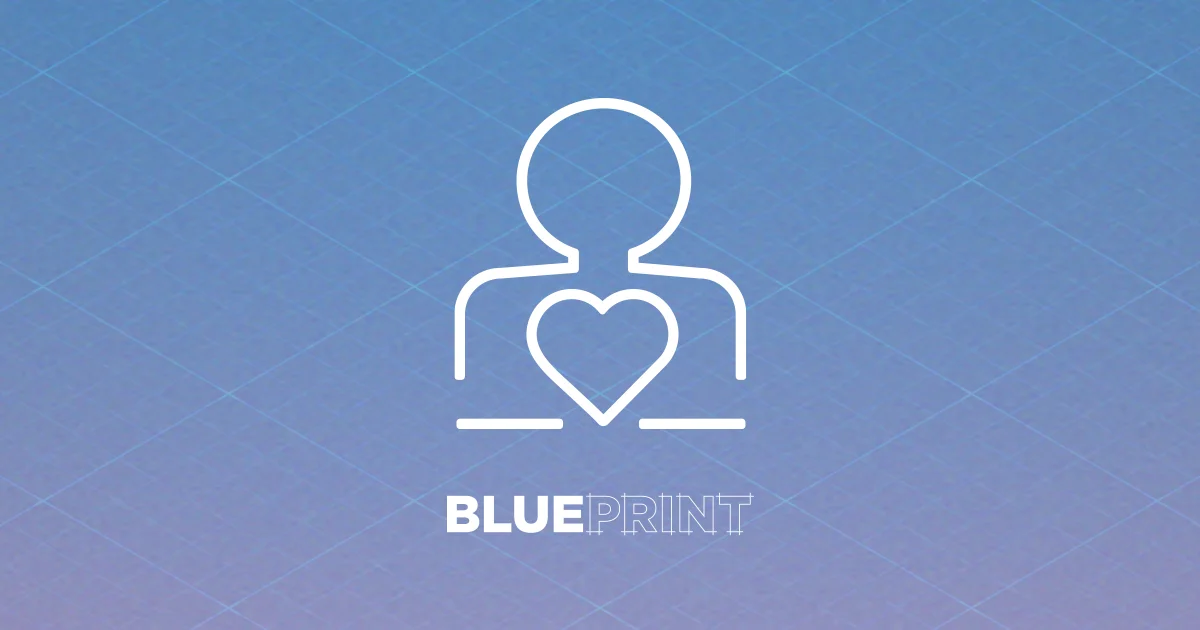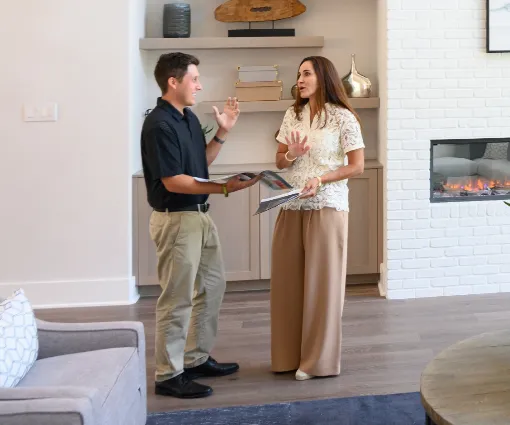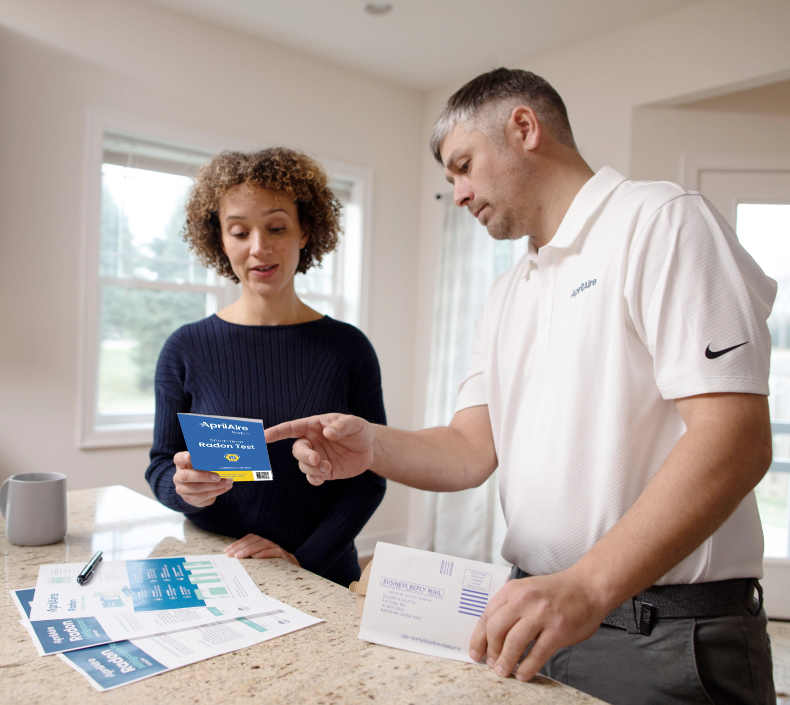Healthy Home Blueprint: Improving Kids’ Health and Wellness With Healthy Air
4 minute read
Did you know that kids inhale up to 50% more air per pound than adults? As a result, the air they breathe can put kids’ health and wellness at risk due to their increased vulnerability to polluted air. If you live with kids, it’s important to foster a Healthy Home environment that protects their little lungs. Healthy Air can help!
Protecting Kids’ Health: 4 Pollutants to Lookout for at Home
Four pollutants can impact your kid’s health and wellness, including:
- Volatile Organic Compounds (or VOCs)
- Ozone
- Particulate Matter
- Unbalanced Humidity
Breaking Down the 4 Most Common Pollutants
How can you protect your entire family from the health effects associated with the four most common pollutants?
VOCs: The Impact on Kids’ Health and Wellness
Volatile organic compounds (or VOCs) are described by the American Lung Association as “gasses emitted into the air from products or processes.” Most commonly, VOCs can be found in:
- Fumes or vapor from scented candles and essential oils
- Cleaning supplies
- Furnishings
- Pesticides
- Adhesives and paints
VOCs can impact your kid’s health and wellness by bringing about a wealth of short-term health symptoms, like respiratory irritation, headaches, or dizziness. So, if you live with kids, it’s important to opt for natural, organic products, hardwood instead of carpets, and products that won’t offgas.
Ozone: The Impact on Kids’ Health and Wellness
A VOC itself, ozone exposure poses a threat to kids’ health and wellness. In fact, in California, they even banned products that generate ozone.
With AprilAire whole-house Healthy Air solutions, like the AprilAire Healthy Air System®, you can enjoy a product that’s free from ozone and fosters a Healthy Home environment!
Particulate Matter: The Impact on Kids’ Health and Wellness
Particulate matter (often called PM2.5) is made up of numerous microscopic specks that float through your home’s air. Containing dust, mold spores, allergens, and other airborne contaminants, particulate matter can lead to long-term respiratory issues that can impact kids’ health and wellness.
Without the right AprilAire whole-house Healthy Air solutions, like Fresh Air Ventilation and Air Filtration, in place, particulate matter can linger for longer. Regularly cleaning your air ducts and replacing your AprilAire Air Filters can help.
Humidity: The Impact on Kids’ Health and Wellness
How can humidity impact kids’ health and wellness? Well, if humidity levels are too high, respiratory irritants, mold, and pests can thrive in your home. If your humidity levels are too low, viruses like influenza can thrive.
Luckily, AprilAire has the solutions you need to tackle both in your Healthy Home! Since kids’ airways are lined with a thin layer of fluid, it’s important to keep your home’s humidity level inside our Healthy Humidity Zone—between 40% and 60%*—with help from AprilAire Whole-House Humidifiers and Dehumidifiers.
Promoting Kids’ Health and Wellness: Advice for Past, Present, and Future
Not only is it essential to protect your kids from these pollutants right now, but it’s also crucial to implement necessary Healthy Air solutions even while they’re still in the womb. Since kids rely on their mothers for oxygen, it’s important to make sure the air they breathe is healthy.
Continue these efforts after birth to protect your kid’s health and wellness, as a newborn baby takes a breath about 40 times per minute compared to adults who inhale 12–20 times per minute. Plus, promoting Healthy Air can also reduce your child’s risk of developing long-term issues caused by air pollution exposure, including asthma, developmental delays, and mental health concerns.
Healthy Home Dos & Don’ts
Keep kids’ health and wellness top of mind with these tips!
DO: Encourage outdoor play
With indoor air being up to five times more polluted, encouraging your kids to pick up outdoor hobbies during the summer or winter seasons can be beneficial for their overall growth—not only fostering health but social and physical development as well.
DON’T: Neglect important symptoms
Promote kids’ health and wellness by listening to their symptoms and seeking necessary medical attention as needed. Wheezing and sneezing may be a sign of budding allergies while coughing and congestion may signal illness.
DO: Keep humidity in mind
Pediatricians agree: Proper humidity control can help prevent the spread of germs, soothe issues created by dry air, and much more. AprilAire Whole-House Humidifiers and Dehumidifiers can help keep your levels between 40% and 60%* for optimal kids’ health and wellness.
DON’T: Opt for generic air filters
Generic air filters don’t offer the fit necessary to keep your system running efficiently and your Indoor Air Quality protected! With AprilAire MERV-Rated Air Filters, you can find a solution that best fits your family’s needs. Our Pure Fit Promise ensures optimal fit and function for improved kids’ health and wellness.
DO: Introduce natural products wherever possible
Protection from VOCs is critical to maintain kids’ health and wellness. Shop around for all-natural, organic products like laundry detergent, disinfectant, and common baby products to keep your air safe.
Final Thoughts
Maintain kids’ health and wellness by introducing Healthy Air into the home! By keeping vulnerable populations like children protected from airborne pollutants, you can foster a Healthy Home environment that caters to them.
*While balanced humidity exists between 40 and 60%, it’s important to remember that outdoor temperature and other home factors will impact what relative humidity level is attainable and recommended for your house. Talk with your AprilAire Healthy Air Professional to learn more.

